Washington, Nov 22 (V7N) – A highly anticipated Oval Office meeting between U.S. President Donald Trump and New York City Mayor-elect Zohran Mamdani took an unexpectedly warm tone, marking a dramatic shift after months of public hostility between the two New York politicians.
During their Nov. 21 meeting, Trump, 79, repeatedly patted Mamdani’s hand while speaking, with the 34-year-old democratic socialist standing beside him. Mamdani, a state assemblyman from Queens—Trump’s home borough—praised the president’s performance in the 2024 election in New York City, noting that Trump made unusually strong gains across several districts.
The cordial atmosphere represented a stark contrast to previous tensions. Trump had earlier suggested Mamdani should be arrested if he refused to cooperate with the administration’s immigration crackdown and threatened to block federal funding for New York because of Mamdani’s left-leaning policies. Mamdani, in turn, has repeatedly criticized Trump, calling him a “fascist,” and vowed in his victory speech to challenge the president on issues including immigration. Mamdani is set to become New York City’s first Muslim mayor, while Trump has imposed multiple restrictions affecting travelers from Muslim-majority nations.
Despite that history, both leaders presented a cooperative tone after their first face-to-face discussion. Trump said he would “readily live in Mamdani’s New York,” adding that he intends to support efforts to improve the city.
“I expect to be helping him, not hurting him – a big help,” Trump told reporters. “Because I want New York City to be great.”
Mamdani also described the meeting as constructive, saying it centered on shared concerns about affordability and the future of their hometown.
“It was a productive meeting focused on a place of shared admiration and love, which is New York City and the need to deliver affordability to New Yorkers,” Mamdani said.
The meeting signals a possible shift toward cooperation between the White House and the incoming city administration, though policy disagreements—particularly on immigration—are expected to remain central in the months ahead.
END/SMA/AJ/



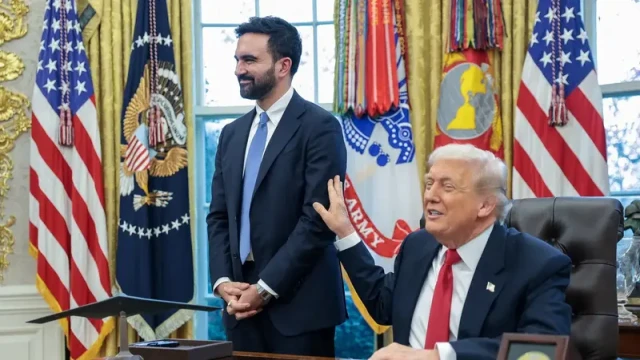
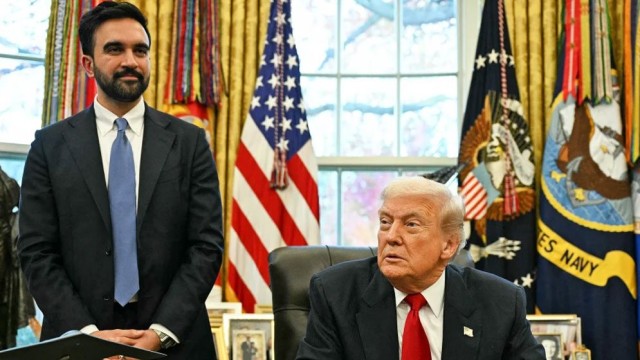
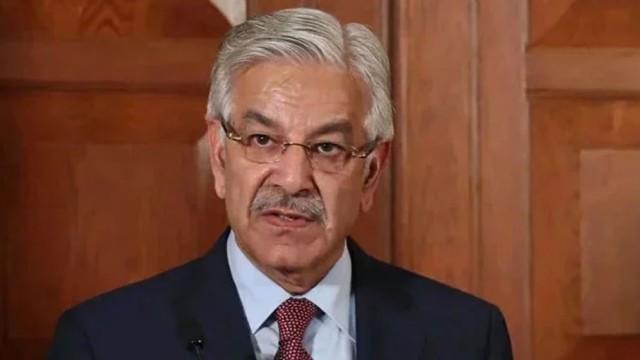
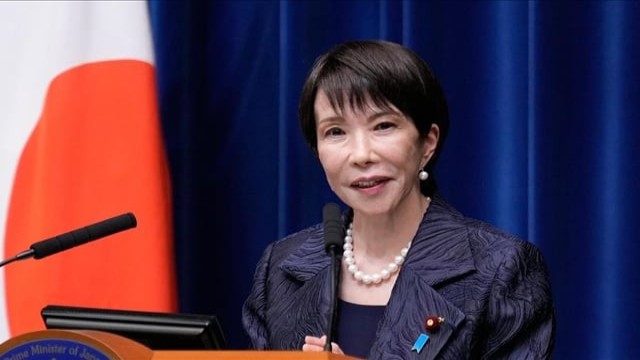

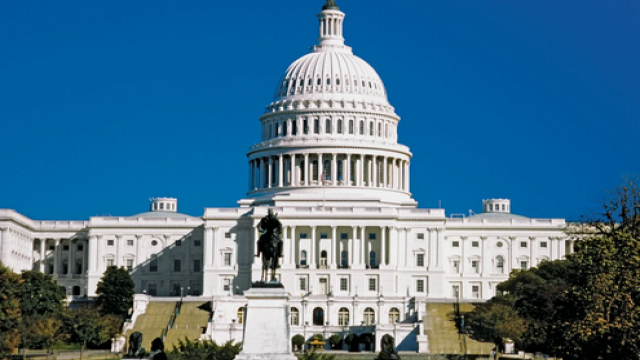

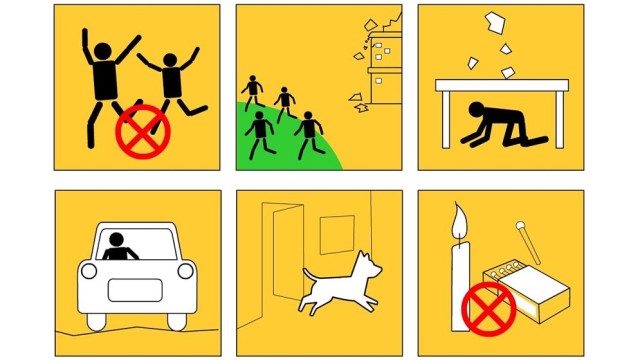
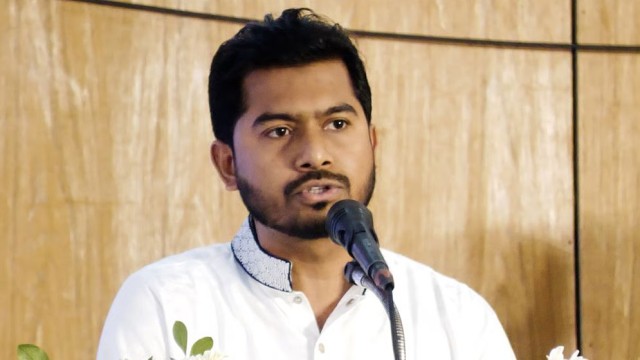

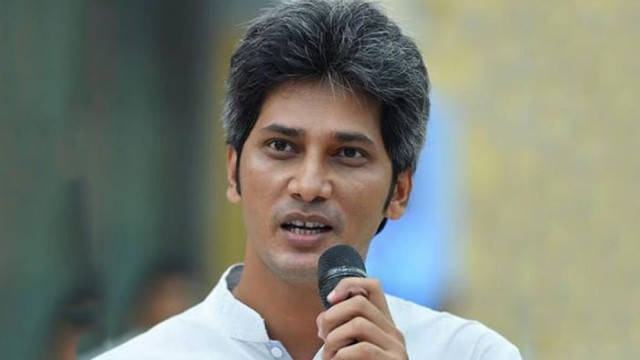
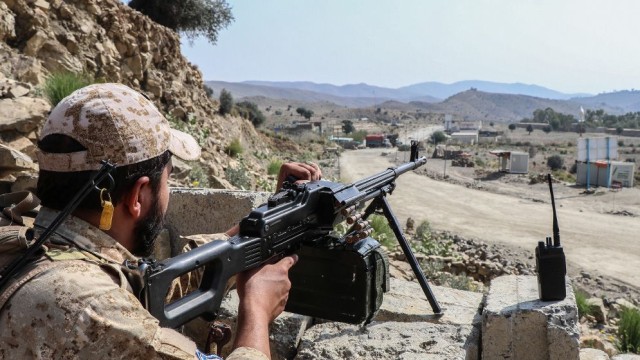



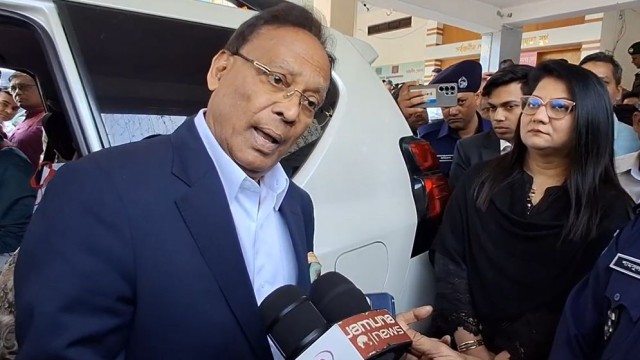
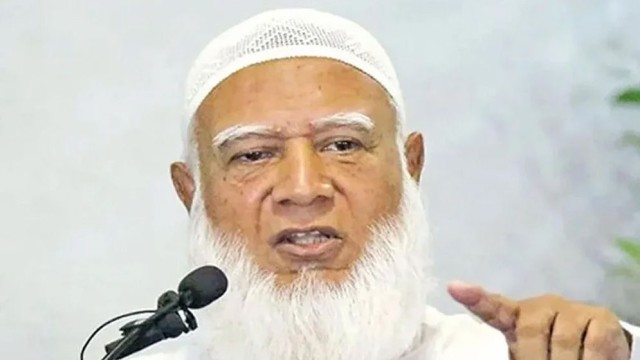






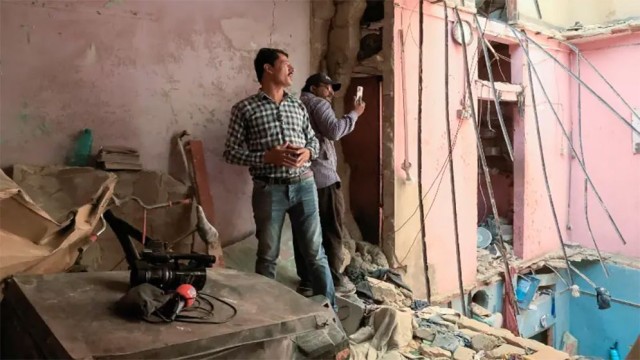
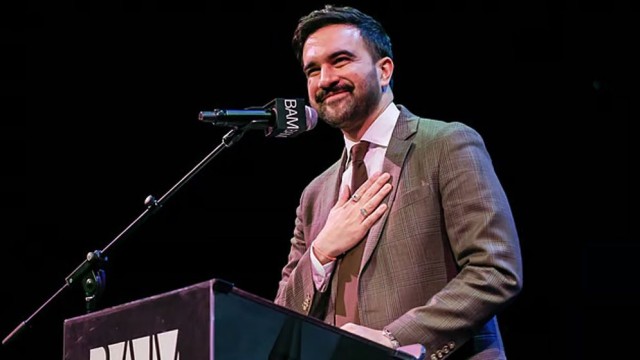

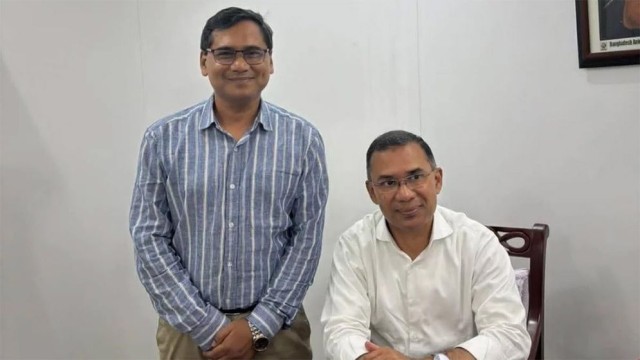
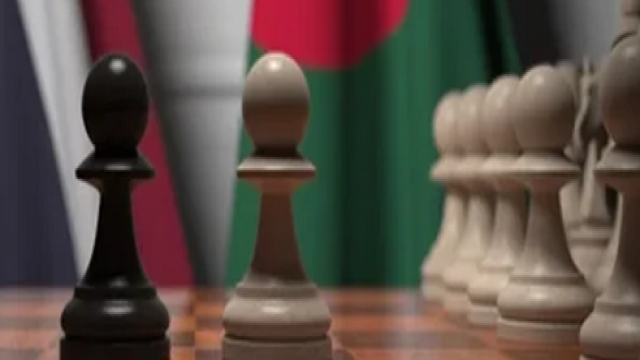
Comment: